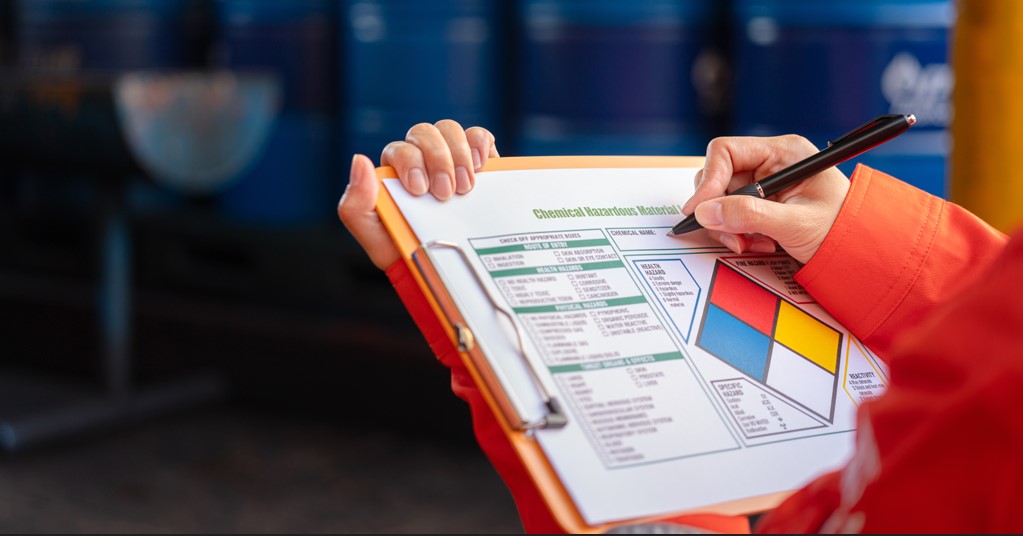
Four Essential Tips To Stay Safe While Working Outdoors

Workplace safety is a critical issue for every industry. However, for those who work in non-traditional settings such as in the woods or outside in the varying weather conditions, workplace safety takes on a new, even more important meaning.
If you work in environmentalism, forestry, parks and recreation, or the like, read on for expert tips to ensure that you stay safe while working outdoors.
Stay Hydrated
Staying hydrating is key for all people, regardless of which industry or part of the country in which they work. After all, when we aren’t properly hydrated, our energy levels and productivity decrease.
However, when you work in more extreme conditions, hydration becomes even more essential. Experts say that most folks should aim for eight 8-ounce glasses of water per day. But if you work outdoors, particularly in hot and muggy months, you should increase your water intake to 250ml about every 20 minutes. They also say not to hold off on guzzling water until thirst hits you — by that point your body is dehydrated. Drinking water consistently throughout the day in small amounts is best.
To help you achieve your optimal water intake, try using a hydration pack. These handy and convenient water packs help you to easily consume water while on the job and are particularly convenient if you need your hands free for working. These hydration systems have come a long way and, today, you can choose from backpack or waist pack options made of a variety of materials to house your reservoir of water and allowing for hands-free drinking.
Wear Proper Clothing
Depending on which part of the country or which season it is, you’ll want to dress accordingly, in addition to any uniform or protective pieces you are required to wear. When temperatures are high, light clothing is recommended. Conversely, when temperatures dip low, muscles may not function properly, particularly if you’re not properly clothed for the cold. Musculoskeletal injuries can increase, as well as energy exerted, may increase during these times. Accidents are also more possibly in cold, windy and rainy conditions when tools are harder to grasp.
Ensuring you’re wearing the proper gear will help you stay safe while working outdoors.
Repel Bugs
When you work outdoors, there’s always a risk of coming in to contact, or being bitten, by bugs – or worse, ticks. Using bug repellent that contains permethrin works to protect against ticks. This repellent, however, should not be put directly on the skin, but rather, on clothing.
On the other hand, repellents with DEET can be applied to the skin to protect it, but won’t protect against ticks. Reading the label of the repellent to properly apply, as well as keeping it on hand for reapplication, is your best bet.
If you find a tick on your body or feel a bit, use tweezers to remove it slowly. If possible, keeping the tick in a sealed vial with the date of the interaction can help if you seek medical attention.
Prepare for the Unexpected
It’s also essential to keep yourself as prepared as possible for any situation when working in an outdoor environment. As such, proper first aid courses and wilderness first aid courses should be taken. Also, maps and compasses should always be carried and learning how to handle wild animals and natural disasters should also be a priority. A personal and professional safety plan is both your and your employer’s responsibility and should be taken seriously.
With some planning and preparation, you can be sure you stay safe while working outdoors.

